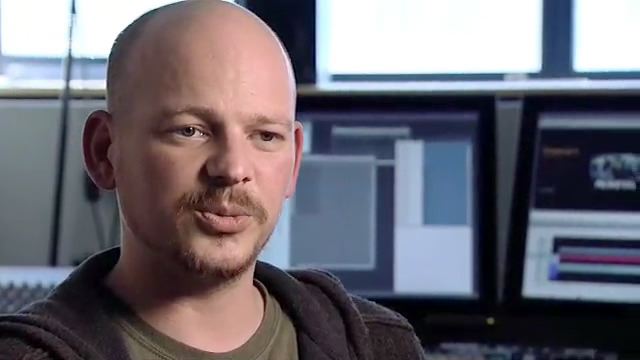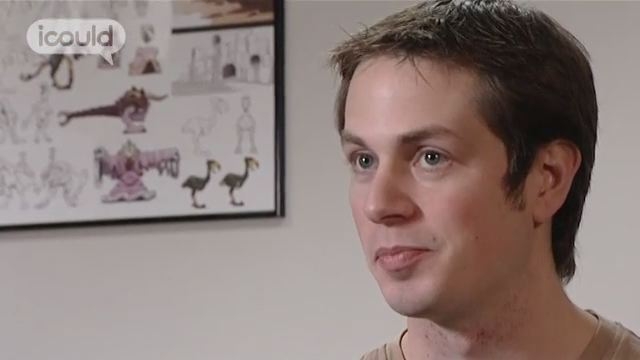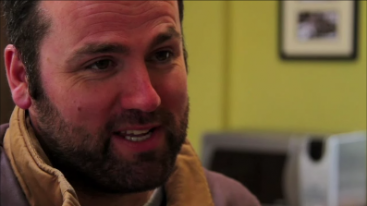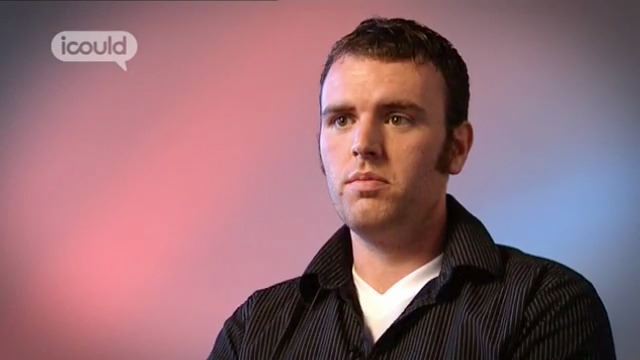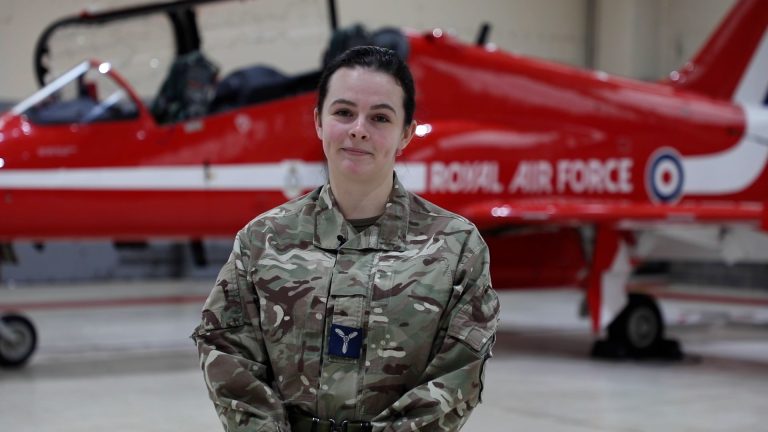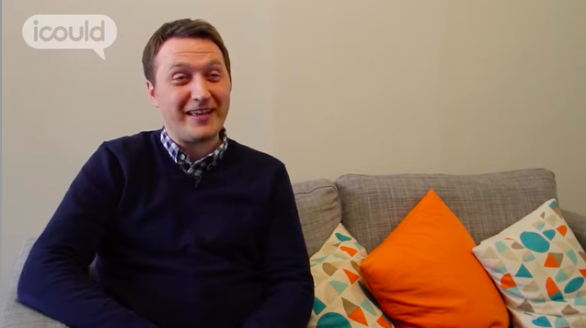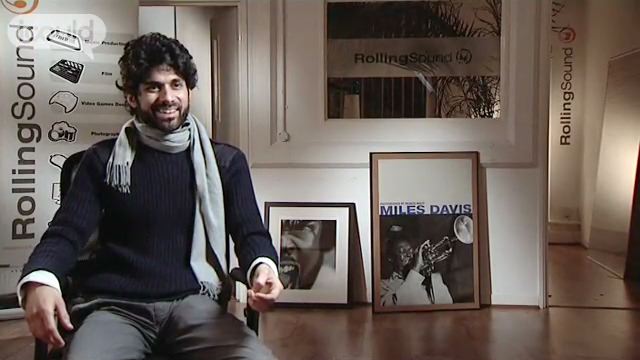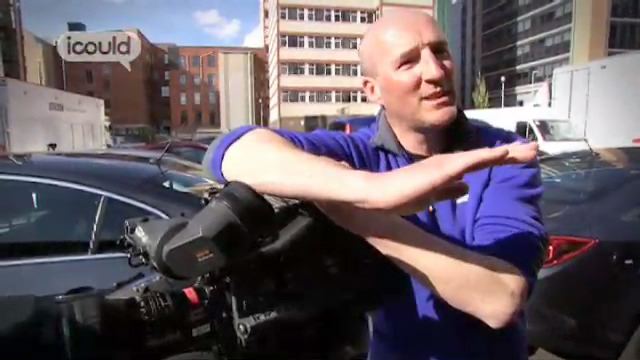Floor Runner
PRIMEVAL
Matt S – Primeval
00:00:04 My name is Matt, I’m a floor runner. I’m part of the assistant director’s team where we basically co-ordinate all the logistics on set, anything from transport to changes in schedule, artists into makeup and costume etc. Taking care of lunches, making sure that everything runs smoothly, basically.
00:00:26 Well, I’d like to make my way up the assistant director’s chain which means probably in about 10 years or so I could be the first assistant director, the man who’s in charge of the entire set. There are four main levels in the assistant director’s chain. There’s the floor runner and then there’s you work your way up to the third assistant director who’s in charge of the background and sort of passing on messages from the first assistant director. The second AD, the second assistant director, is in charge of making sure that the call sheet gets put together which is the whole schedule for the following days work. Then the first assistant director is, as I said, the man in charge of the whole thing.
00:01:09 There is a really good atmosphere. You get really, really close to everyone on set because you spend 13, 14 hours of every day working with these people so you kind of have to get along with them because if you don’t everything just falls to pieces, really, and you make some really good friends and you all have a really good laugh and everyone loves doing the job so it’s a lot of fun.
00:01:33 It has been something that I’ve always wanted to do. I’ve always wanted to do this. It wasn’t my first career choice. I decided to play it safe, I thought being in the film industry was a bit too dreamy so I decided to follow something I was good at which was IT. My Dad was a systems analyst in IT and so I was working with computers from a very young age. It was always very easy for me to get my head around IT so that’s the subject I focused on a lot in school and in college. By the time I got to university I was repeating myself the whole time I was there for all two months it was stuff I’d known since I was 11 or 12 and it was very, very frustrating knowing that all my friends were coming back saying they were learning new things and I wasn’t doing anything of the sort. I was getting bored, really.
00:02:23 So, I put myself out as a background artist, an extra, in order to get some time on the set to see, you know, to have a look at the departments, what I think I might enjoy doing and I remember I saw the assistant directors on my first shoot and I immediately took an admiration for them. So, I wrote a lot of letters and emails, made some phone calls. This was spanning over about a year and a half before I managed to get a positive response. So, it took a very long time and it was very demoralising. I mean, I got depressed a number of times but eventually I got a positive response which was great.
00:03:04 The response I got which lead me to my first job was a phone call and he offered me six weeks unpaid work on a feature film. So, in order to cover for the fact I wasn’t working, he threw me in front of the camera every week so I could get some money for being a back ground artist or an extra. Although, the last week of shooting we filmed in the Isle of Man and I flew myself out there at my own expense, production refused to pay for me because I was a work experience which I think reflected well. I just knew that showing the enthusiasm for the job would get me future work and show that I was willing, more than willing to do anything for the job.
00:03:46 If I could’ve changed anything I wish I started earlier. I wish I decided to go for it straight away and got it immediately without the hardship and the rejection that I had to go through but it’s what I needed to do in order to get where I am. So, it was all worth it. ENDS
Matt S is a floor runner on a TV set. He started off doing computing at university, but the lure of the media was too great. He started working as an extra, and had to put in a lot of effort to get his first job in production, which was unpaid. “I just knew that showing the enthusiasm for the job would get me future work and show that I was willing, more than willing, to do anything for the job.”
More information about Computer system and equipment installers and servicers
The UK average salary is £29,813
There are 37.5 hours in the average working week
The UK workforce is 47% female and 53% male
Future employment
- Installs, tests and maintains computer-related hardware (processors, memory chips, circuit boards, displays, sensors, data storage devices, printers, etc.) according to given specifications
- Diagnoses hardware related faults
- Repairs or replaces defective components
- Advises on and installs operating soft/firm ware and may carry out upgrades
- Maintains documentation to track and log work in progress and completed

